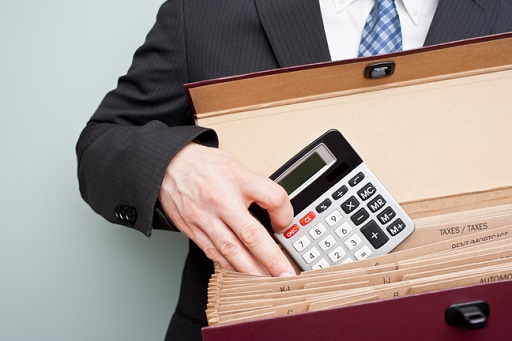6 Do you need to complete a tax return?
A common question about tax is whether an annual Income Tax return to HMRC needs to be made.
If your only income comes from being employed, and from no other source, then you don’t need to complete one of these. The most usual reasons for completing a tax return include:
- making money from freelance or self-employed work
- getting income from abroad
- making profits from selling property or investments.
The full list of circumstances that call for a tax return is here: Who needs to complete a tax return? [Tip: hold Ctrl and click a link to open it in a new tab. (Hide tip)]
If the HMRC writes to you asking for a return to be completed make sure you do so even if you think there’s no outstanding tax for you to pay.
Hard copy tax returns must be submitted to HMRC by 30 September after the end of each tax year (as you know, tax years run from 6 April to the following 5 April).
If you’re completing the return online you have until 31 January after the end of the tax year. You need to register for online submission by going to HMRC Services. Failure to submit your return on time will mean that you incur a penalty.
Any outstanding tax also has to be paid and reach the HMRC’s account by 31 January after the end of the tax year – so amounts due for 2023/24 would need to be paid by 31 January 2025. Failure to pay on time means that your tax account starts to accrue interest at a penalty rate – currently 5% per annum.
If your tax-paying arrangements indicate that there will, on an ongoing basis, be tax outstanding after each tax year the HMRC will establish a tax account for you. Under this arrangement the payments of tax on account are due by 31 January in the tax year and by 31 July after the end of the tax year (the tax year ending on 5 April). Any residual amounts found to be owing after the completion of the income tax return are due by 31 January after the tax year in question. Payments of tax on account help reduce the time the HMRC has to wait to receive tax revenues
If your annual return shows that you’re due a refund as a result of the overpayment of tax then you will receive this as soon as the HMRC has processed your return. You will not have to wait until a specified future date.
Two final points on tax.
- Tax calculations are formulaic, not personal. You only have to pay the tax that is mathematically due. If you’re owed a refund you will get it.
- Don’t play games with the ‘tax man’ – you will always end up losing!

